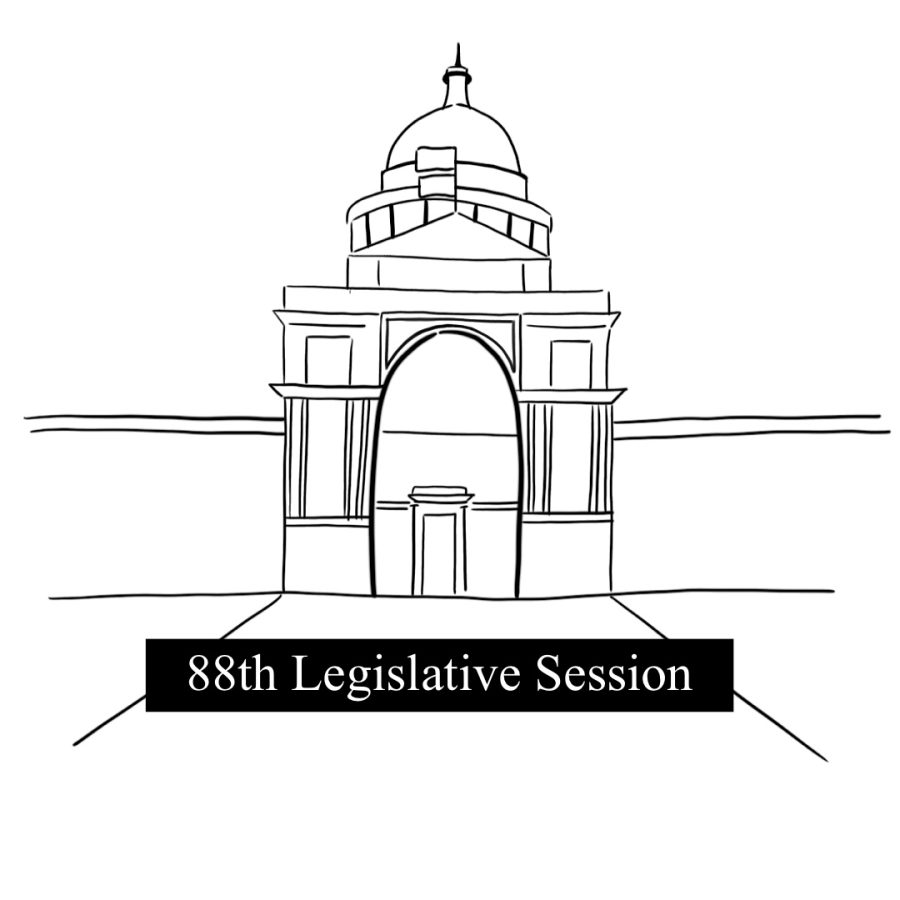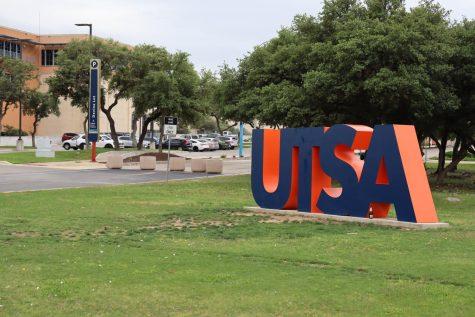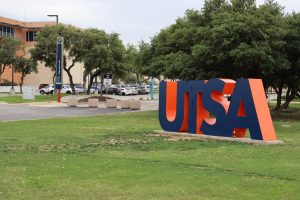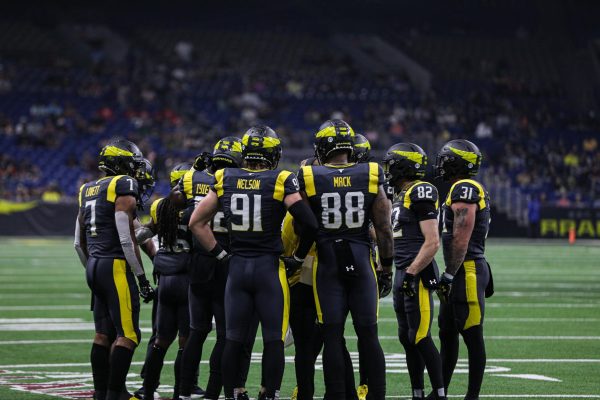What’s going on in the 88th Texas Legislature
April 25, 2023
Every two years, the Texas Legislature convenes for a 140-day regular legislative session. The 88th regular session began on January 10 and runs through May 29.
For a bill to be signed into law, it must pass within both chambers of the Texas Legislature — the Senate and the House of Representatives. At the time of publication, each item in this list has been passed in the chamber where it was initially introduced and is awaiting confirmation from the other chamber before the governor can sign it.
Here’s what you need to know:
Education
By establishing an educational savings program, Senate Bill (SB) 8 would give families up to $8,000 in taxpayer money, per student, to pay for private schooling. Furthermore, the bill would prohibit lessons that are not “age-appropriate or developmentally appropriate,” allow parents to exempt their children from discussions on gender and sexual orientation, and require schools to create a “portal” where parents can review instructional material.
SB 11 would establish a safety and security department within the Texas Education Agency with the authority to compel school districts to establish active-shooter protocols. In addition, all school district police officers would need to complete an active shooter training program and the allotted number of unexcused absences per 8-week period would drop to six.
SB 13 and House Bill (HB) 900 both aim to ban harmful, indecent and sexually explicit material from public school libraries. If passed, SB 13 would allow parents to receive a notice each time their children receive library materials, prohibit the acquisition or retention of indecent or otherwise “harmful” materials and require school board approval of all new library materials as well as a posted list of proposed purchases 30 days in advance. Under HB 900, providers would be required to label every book with references or depictions of sex and determine if the book is “sexually relevant” or “sexually explicit.”
SB 1515 and SB 1396 both involve changes to public school procedures regarding religion. If signed into law, SB 1515 would require public schools to display the Ten Commandments in every classroom starting next year. Similarly, SB 1396 would “allow public and charter schools to adopt a policy requiring every campus to set aside time for students and employees to read the Bible or other religious texts and to pray,” The Texas Tribune reports.
Higher Education
HB 8 proposes a performance-based model for determining community college funding. If the bill is signed into law, schools would be funded based on how many of their students graduate or transfer to a four-year university, rather than the current model, which awards funding largely based on enrollment.
SB 16 would prohibit university professors from compelling students “to adopt a belief that any race, sex, or ethnicity or social, political, or religious belief is inherently superior to any other race, sex, ethnicity, or belief.”
On a similar note, SB 17 would require universities to close their diversity, equity and inclusion offices and bans mandatory diversity training. In addition, if signed into law, the bill would restrict hiring departments from asking for diversity statements in which applicants describe their commitment to building diverse campuses.
SB 18 attempts to remove tenure from institutions of higher education. If signed into law, the bill would eliminate tenured positions for newly hired professors starting next year. The bill would also allow a university system governing board to set up its own system of “tiered employment” with annual reviews for each professor. Existing tenured positions will not be affected.
LGBTQ+ Rights
If signed into law, SB 15 would restrict which college sports teams transgender students can join. The bill requires athletes to join the college team that aligns with their sex assigned at birth, regardless of their gender identity. However, the bill does allow women to join the men’s team for sports if the college does not have a women’s team.
SB 162 aims to prevent transgender and nonbinary minors from updating their birth certificate. If signed into law, the bill would prohibit minors from changing the sex listed on their birth certificate unless the change is done to correct a clerical error, fill in incomplete documents or establish an updated sex for intersex individuals.
SB 14 would restrict access to procedures and treatments for gender transitioning, gender reassignment or gender dysphoria for minors. Although the original bill proposed banning these treatments outright, an amendment was added which allows children and teenagers who are receiving puberty blockers or hormone therapy by early June to continue such treatments.
SB 12 and SB 1601 propose restrictions and fines that would prevent drag performers from reading to or performing sexually-oriented shows in front of children. If these bills are signed into law, SB 12 would impose a $10,000 fine for business owners who host these performances in front of children and SB 1601 would withhold state funds from municipal libraries that host events where drag performers read children’s books to kids.
Other
HB 300 proposes eliminating the sales tax on certain family care items such as diapers, baby wipes, bottles, maternity clothing and feminine hygiene products. The bill would also remove the taxes on products used for pumping breast milk and adult diapers.
SB 990 seeks to eliminate countywide voting in Texas. Currently, registered voters in nearly 100 counties are able to vote at any polling site in their county. If signed into law, SB 990 would require voters to cast their ballots at an assigned precinct, which is typically located within their neighborhood.
HB 1422 proposes that Texas permanently transition to daylight savings time. If the bill is signed into law, Texas will join 19 other states that have enacted or passed measures for year-round observation of daylight savings time. However, while federal law allows exemptions from daylight savings time, it does not grant state authority to remain in year-round observance. Thus, even if signed into law, HB 1422 would not go into effect unless Congress passes a law granting this authority to the states.














